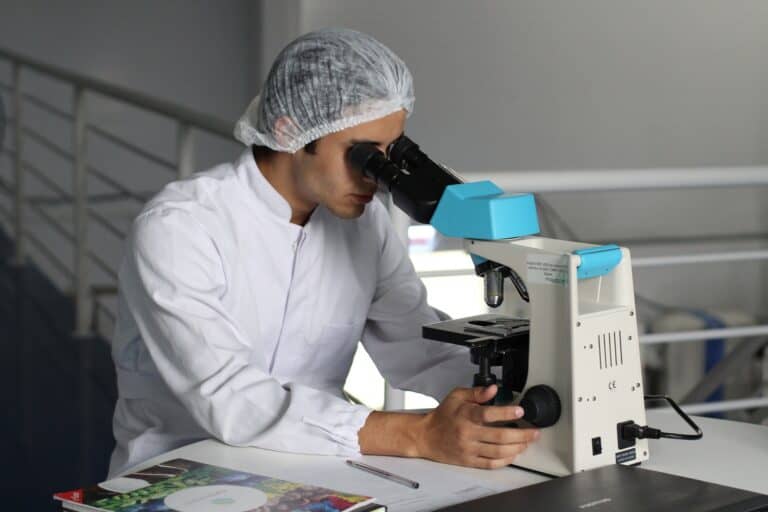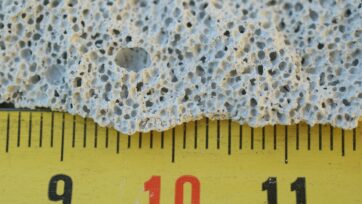A major problem being faced globally is the spread of infectious diseases, such as Covid-19. While there has not yet been a solution to solving the spread of disease, the speed of detecting these diseases can become considerably shorter thanks to biochemist and molecular biologist at Draper, Rachel Fezzie and her colleagues.
Currently, disease detection can take hours or even days to produce a result. Furthermore, new biotechnology that has been developed in labs has remained slow in being available for general use.
The Defense Advanced Research Projects Agency (DARPA) has assigned Fezzie and her team at Draper to develop a massively multiplexed device (MMD) for DARPA’s “Detect It with Gene Editing Technologies” (DIGET) programme.
The creation of an MMD “is capable of detecting 1,000 biomarkers in one processing cycle and a step forward in infectious disease detection,” Fezzie said. This small equipment takes just minutes to screen thousands of pathogens, instead of hours.
How has this been accomplished? Mammoth Biosciences (part of the MRIGlobal team) constructed the DETECTR, a CRISPR-based detection platform that uses a gene editing molecular tool to better analyze patterns within samples.
Draper has developed a number of tools that will be utilized in the MMD. Their electromagnetic pump and valve technology will be applied to the MMD’s fluid router as it is tailored to the criteria of a portable device. The development path to scale Mammoth’s DETECTR chemistry to 1,000-plex via a microarray of Cas/gRNA complexes will be directly informed by Draper’s demonstrated experience in functionalizing glass substrates and printing compact.
Each Cas/gRNA complex is designed to identify a specific pathogen. The MMD can have the updated microarray it requires by printing array chips with revised Cas/gRna structures.
The program manager for DIGET, John Julias suggests that the MMD can increase throughput, sensitivity and usability to levels unsurpassed by existing technologies. He says that while current technologies provide only species or strain-level detection, the MMD can provide data on genetically encoded traits such as antimicrobial resistance and disease severity.
With a sample-to-answer time of 15 minutes using the MMD, we now stand a good chance of achieving results in real-time.
References
Rapid Medtech Communications Ltd 2021, Portable device in development for early detection of infectious diseases, viewed 10 August 2021, https://www.med-technews.com/news/Medtech-Diagnostics-news/portable-device-in-development-for-early-detection-of-infec

























